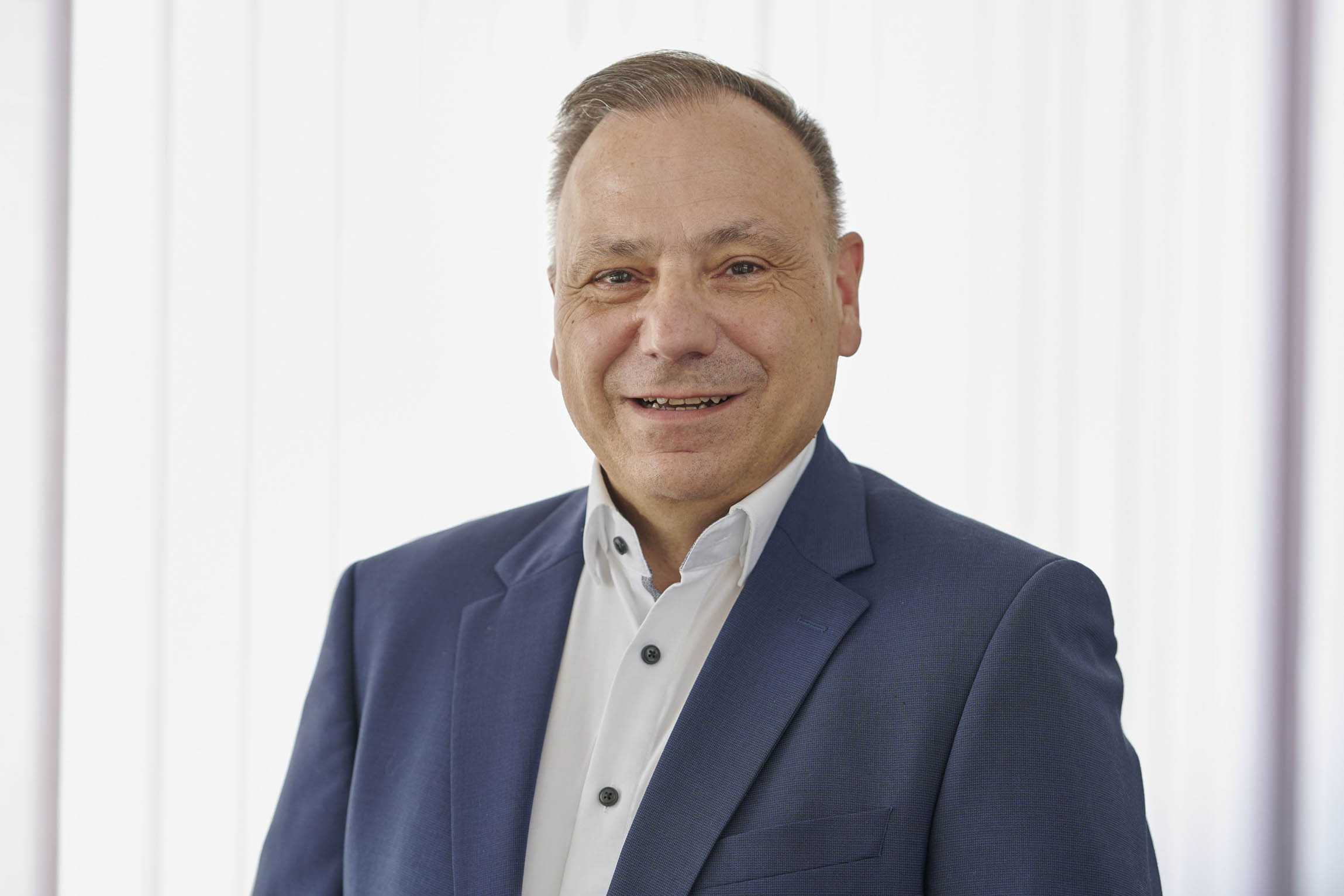
“Recyclates are still banned from many food packaging products today”
Mr. Schley, is the use of plastics likely to increase or decrease in the long run?
It always depends on the individual application area. There will certainly be consolidation in the packaging sector. We suspect that the trend will be towards mono-material packaging. In addition, we assume that a closed material cycle will also be established for polypropylene, similar to the one already in place for PET. This means that other plastics that are still contained in packaging today will be dispensed with. In other industrial sectors on the other hand, there is likely to be an increase in the use of plastics; in the pipe sector, for example. This will then be at the expense of other materials, such as concrete or copper. The energy turnaround will not be feasible either, without using a lot of plastic. And water management, which will be a dominant issue in the coming years, is also difficult to imagine without plastics. Take drip irrigation for example, which isn’t feasible without plastics.
The circular economy for plastics is picking up pace. How is your company responding to this development?
We have been involved with the circular economy for years, as have our customers. We have started and implemented various development projects of our own. This has led to some of our machine concepts being completely redesigned so that closed-loop material can be processed. Meanwhile, we offer a wide range of machines and systems that are suitable for closed-loop recycling.
Which of your customer groups is particularly involved in the use of recycled materials?
I can only speak about the industries we work with. There is hardly anyone who isn’t involved in the circular economy. No matter what industry, no matter what country, almost all of our customers deal with recyclate processing. Requests are piling up. Energy saving has also become a huge issue and has even intensified in the current situation of rapidly rising electricity prices.
What causes your customers the biggest problems?
There are, I believe, three major problems to be solved. One is that there is not enough recycled material available on the market. This has been talked about for years, but not much has happened. Circulation chains should finally be closed so that more recycled goods are available. Secondly, the recycled material that is available is much more expensive than virgin material. This cost disadvantage reduces the incentive for processors to use recyclates. Finally, there are still regulations that make the increased use of recyclates very difficult. The use of recycled materials is prohibited for many types of food packaging to this day. It is now up to legislators to act. They must create the necessary framework conditions so that recycled materials can also be used in this field. Technologically, it is already feasible today to utilise recycled materials in food packaging that ultimately meet the same requirements in terms of product safety, hygiene etc. The problem, however, is that it is not permitted.
To what extent does Battenfeld-Cincinnati use digitalisation solutions?
We are convinced that sustainable production is only possible with corresponding digitalisation. That’s why we already presented our new digital control system at K 2016. We have continuously developed it further so that we can provide solutions that are capable of offering enhanced support for users when operating the system. What used to be entered manually is now done digitally. The focus was and is to increase reproducibility of the processes, reducing the use of materials and also making the entire operation of the plant more intuitive.
What is the future of the circular economy?
It will continue to pick up pace, but people will have to understand the value of plastic. Maybe you also have to make it more valuable. With the PET bottle, you can see that collection becomes successful when the empty bottle is allocated a value. This will lead to a large amount of recyclate and thus a high degree of reusability. In short, the circular chains simply have to be closed. We always talk a lot, but there is not a lot actually happening, which is partly due to a a great deal of uncertainty among consumers. What goes into the recycling bag and what doesn’t? This still varies from one district to another. If we remove all the obstacles that still exist and everyone acts in the same manner, I think the circular economy will be established quite quickly. We have no other choice, considering the environment. Technologically, it is all feasible.
Industry interviews on the road to the K:
The world is facing major challenges: Climate change must be fought; the environment must be protected, and resources must be conserved. It is also important to make good use of the opportunities offered by digitalisation. The plastics industry has a key role in this process because plastics are ubiquitous in the world.
Climate protection, digitalisation and the circular economy are therefore also the three major topics at K 2022, the world’s leading trade fair for the plastics industry. To get in the mood for the industry meeting in autumn 2022, the VDMA is letting representatives of the plastics machinery industry and all other stakeholders in the sector have their say through weekly interviews.
VDMA Plastics and Rubber Machinery
More than 200 companies are members of the trade association, covering over 90 percent of the industry’s production in Germany. Ten percent of our member companies come from Austria, Switzerland and France. German member companies represent a turnover of 7 billion euros in core machinery and 10 billion euros including peripheral technology. Every fourth plastics machine manufactured worldwide comes from Germany in terms of value; the export quota is 70 percent. Ulrich Reifenhäuser, managing partner of Reifenhäuser GmbH & Co KG, is the chairman of the trade association.